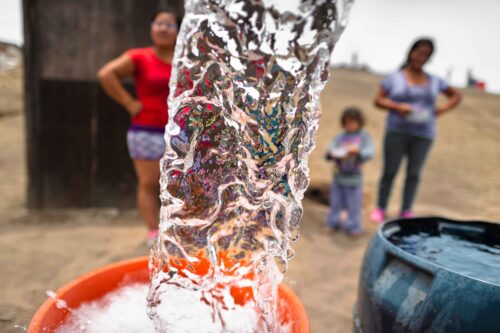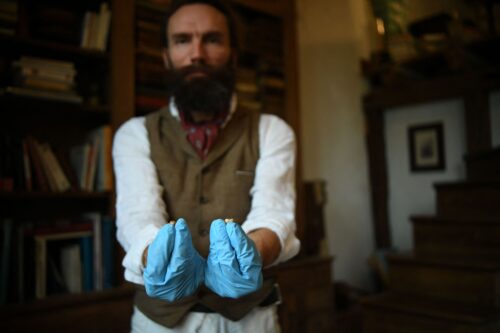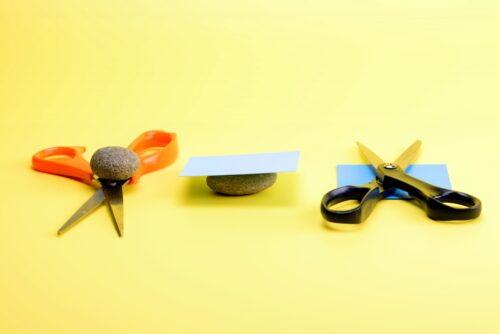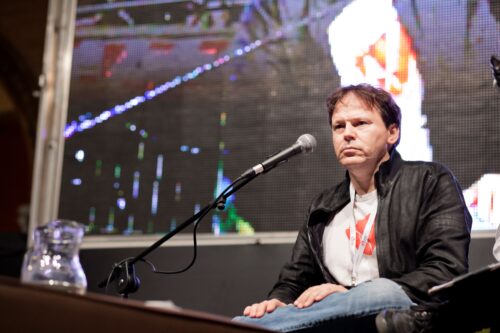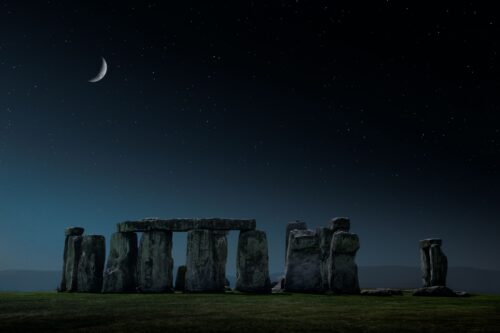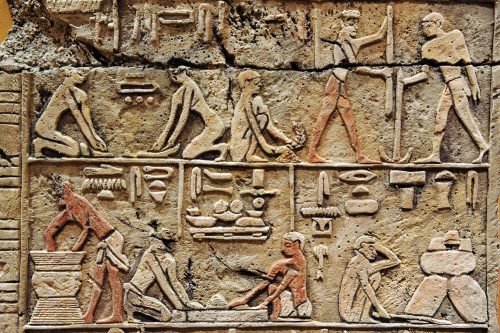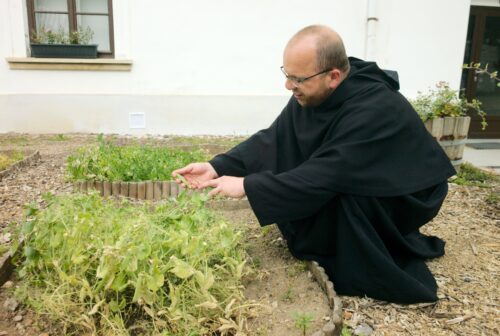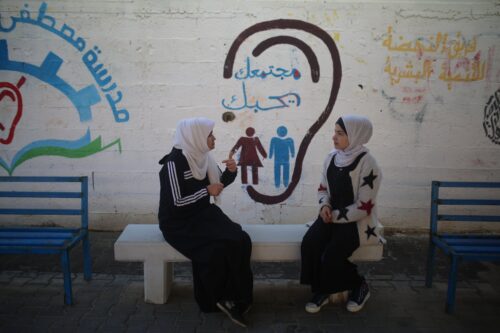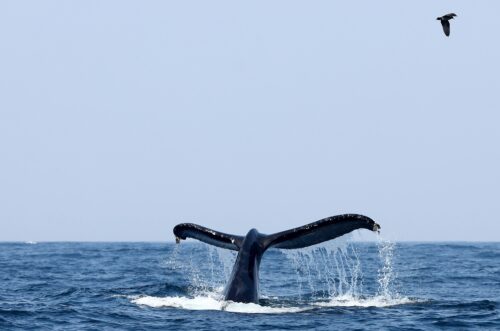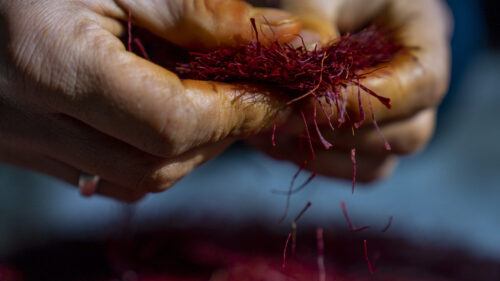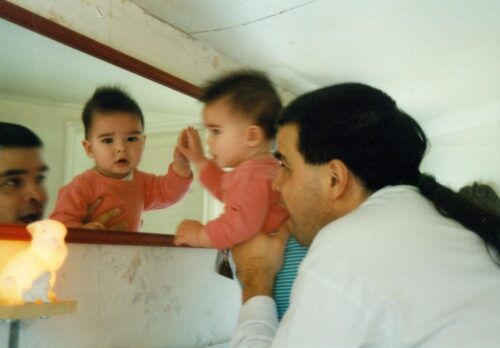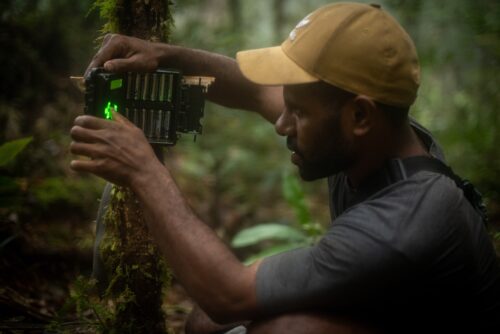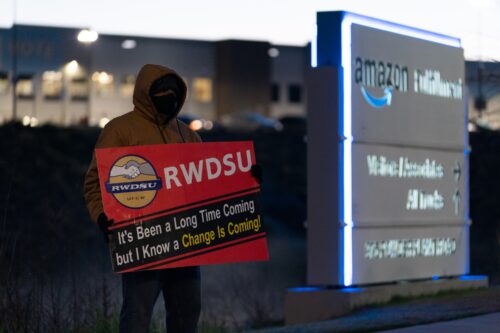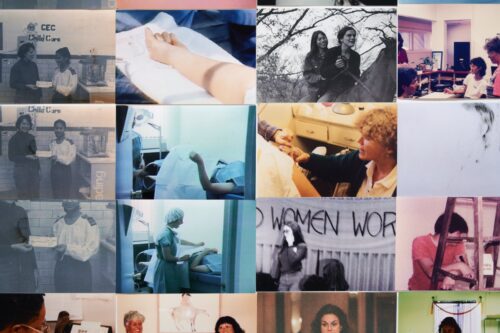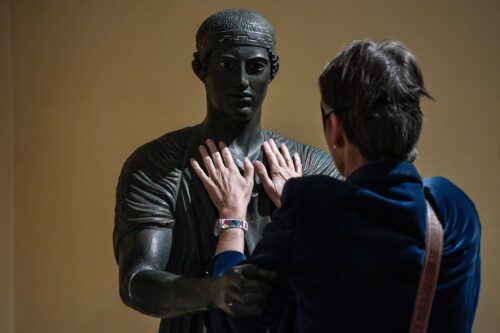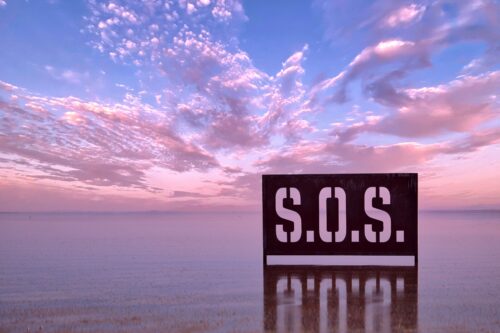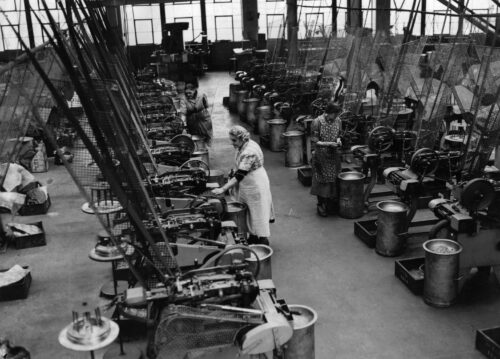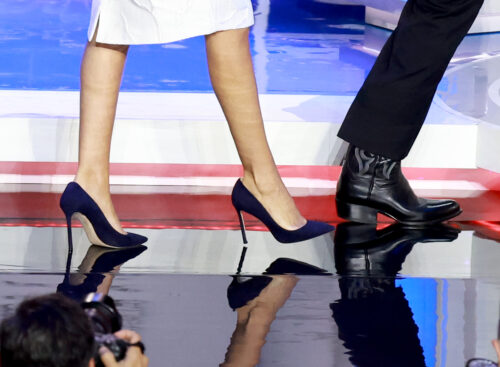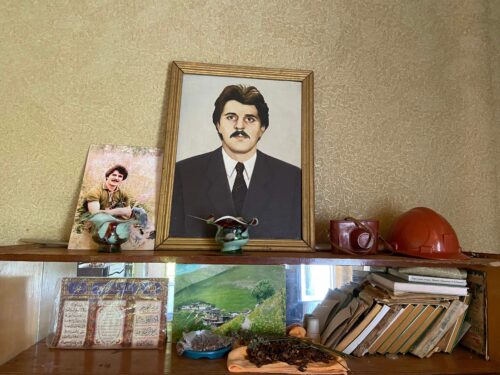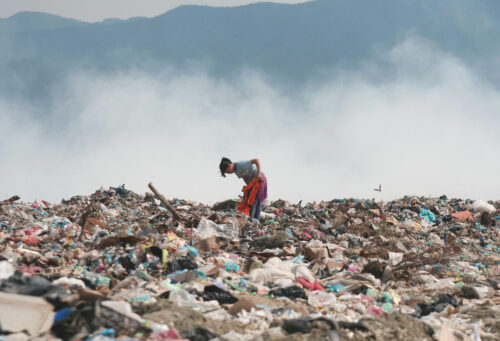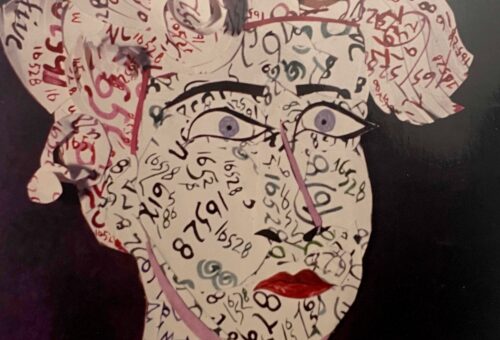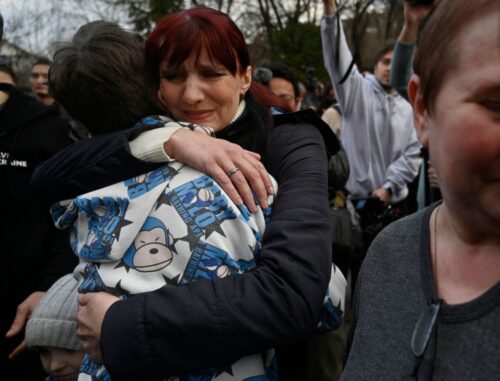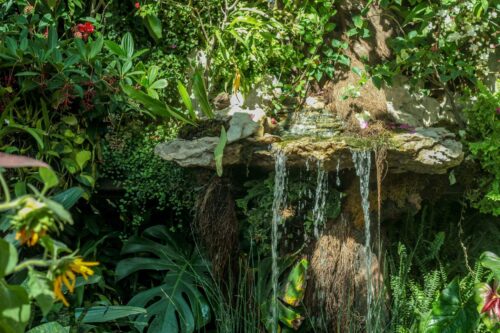A Letter From COVID-19
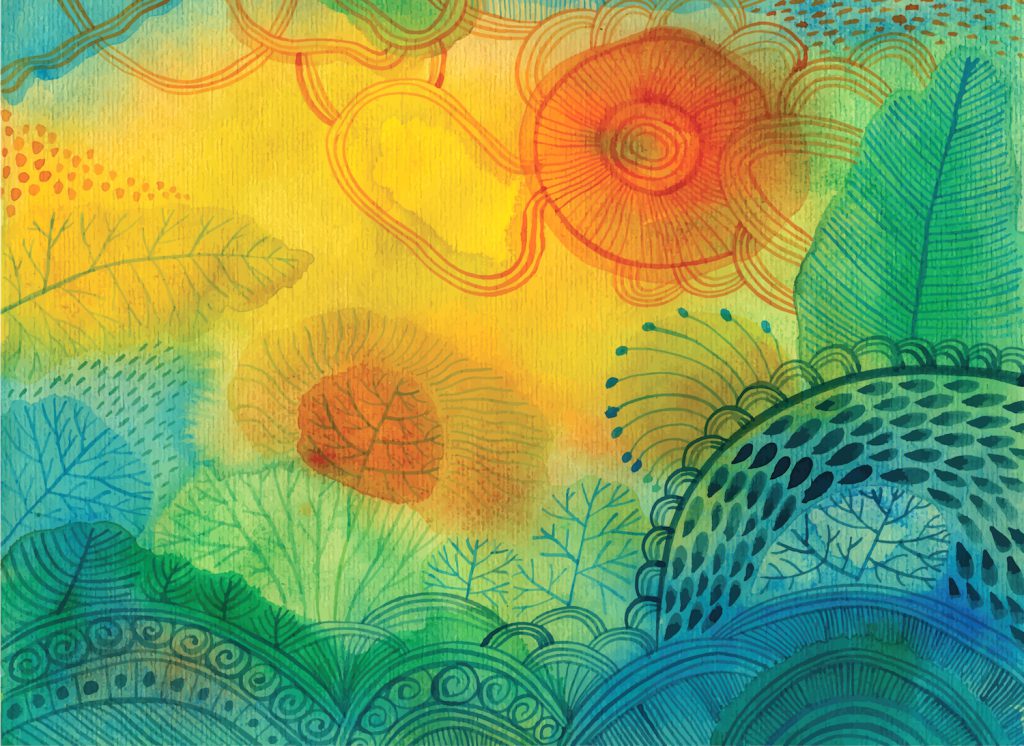
In June 2020, I published a “Letter From COVID-19” in the Italian newspaper la Repubblica. At the time of writing, Italy was still under lockdown to stem the tide of the coronavirus, and I was tired of the raging of fake news and the seeming impossibility of a shared worldwide vision for how to cope with the pandemic. I imagined that the coronavirus had penned a letter to us humans in order to clarify what it really was and why it was now among us.
In the letter, I anthropomorphize COVID-19, infusing it with the wisdom of Gaia, the Greek goddess of Earth. This Mother Earth figure has parallels all over the world—from the Hindu goddess Prithvi (the Vast One) to the Hopi deity Kokyangwuti (the Spider Grandmother) to the Indigenous Andean figure of Pachamama.
In 1974, chemist James Lovelock and biologist Lynn Margulis adopted the name Gaia in their controversial Gaia hypothesis, which proposed an understanding of Earth as a self-regulating organism. According to their hypothesis, all living organisms give back in death to the water, soil, and atmosphere what they accumulated during their lifetimes, providing the biological conditions for the continuance of planetary life. Though their hypothesis was not accepted by all scientists, Lovelock and Margulis’ ideas had a significant impact on the public and led to the creation of the innovative field of Earth System Science.
My letter is a reverie about what it would mean to see the contemporary world—in all its flaws—through the eyes of another organism who shares in the life of this complex, interconnected planet.
Dear humans,
I am COVID-19, one of the many representatives of Gaia, a planet where the universe perhaps has found a way to think about itself. You should know that us viruses are among the most abundant and genetically diverse inhabitants of the oceans, and probably the bridge between the world of current DNA-based living beings and the world of our ancestors, who were composed of RNA. The debate about what we are exactly has been raging among your scientists for decades. To consider us nothing more than parasites that infect cells is an understatement: We are inextricably connected to all ecological networks on our planet. We display a dual nature: We are organisms when we infect a cell or a bacterium, but we’re also a particle. We are elusive, a bit like light, which is a wave and a particle at the same time. We have a vegetative phase, but we also create specialized structures to hold our genetic content when we insert ourselves into a cell.
Since “small is beautiful,” we don’t have the constraints of complex organisms like you; we can change constantly. You wonder if we bridge the living and the nonliving, the inorganic and the organic—the categories by which you have wrongfully divided Gaia. Through me, Gaia is sending you a powerful message to mend your ways, but I doubt you will, because you are a mobilized animal: First you act, then you search for the meaning of your actions.
You have learned over time that power is extremely dynamic; it is like the water that you are made of and that covers 71 percent of the Earth’s surface. You know well that as a liquid, it can flow, and as a gas, it can spin. But water, like power, can also be frozen solid.
You have learned to manipulate solid power over the millennia and have called it politics. Sadly, your political power is based on a central sovereignty that finds its reason for being in muscular virility, and you neglect collaboration, the other important evolutionary factor. Luckily, it has re-entered the debate thanks to the contribution of women in the sciences, and I strongly suggest that you consider manipulating power in its liquid and gaseous states, harnessing its potential.
For instance, without the partnership with viruses and other minuscule inhabitants of Gaia, your mammalian ancestors would not have developed placentas to defend yourself from us and nourish your fetuses.
Instead, today you have built your civic power on brute force and the capacity for violence, and on wealth that can buy assets and minds. Some of you use law and bureaucracy to compel others to do what you think is right instead of using ideas to persuade them to change their actions.
Maybe in this instance, Gaia inserted me among you—using one of the many wild animals that you are driving to extinction—so you can repent and see the error of your ways. Stop treating the inorganic part of the planet like you’re doing right now, because as soon as the polar ice caps melt, you will bring to light the oldest ones among us and you will get in real trouble. We will oppose your foolish treatment of plants and animals that you believe are yours to use.
Your right to defend yourself from us is indisputable, but we will fight back, mutating rapidly as soon as you find a vaccine. It will be a perverse game without a winner or a loser.
Stop using antagonistic metaphors like war, battle, and heroism to tackle pandemics. Instead, seize the possibility of collaboration with other living beings, us included. Try to thoroughly understand the chain of events that cause epidemics, which are historically linked with your habit of inserting yourself into high biodiversity areas, causing them to lose that biodiversity—a cycle that likely occurred first with malaria. You forced us to adapt to the most invasive animal: you.
Do you want to stay healthy? Then stop challenging the power of Gaia, the watery one, who, in her ancient wisdom, holds the power of collaboration and stands above the muscular one, blind and arrogant.
Editors’ note: This piece was originally published in Italian at la Repubblica and has been edited for style and clarity.
